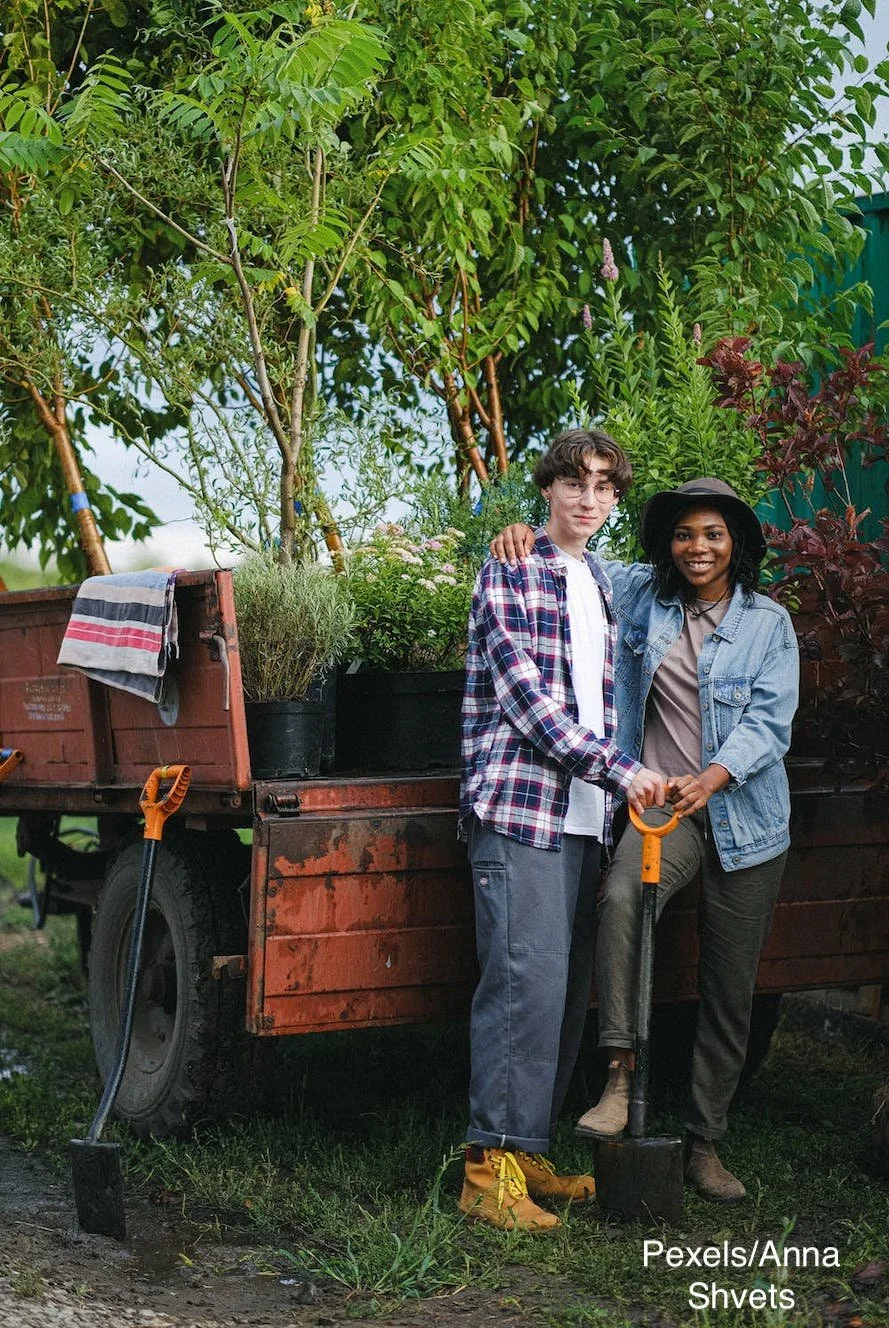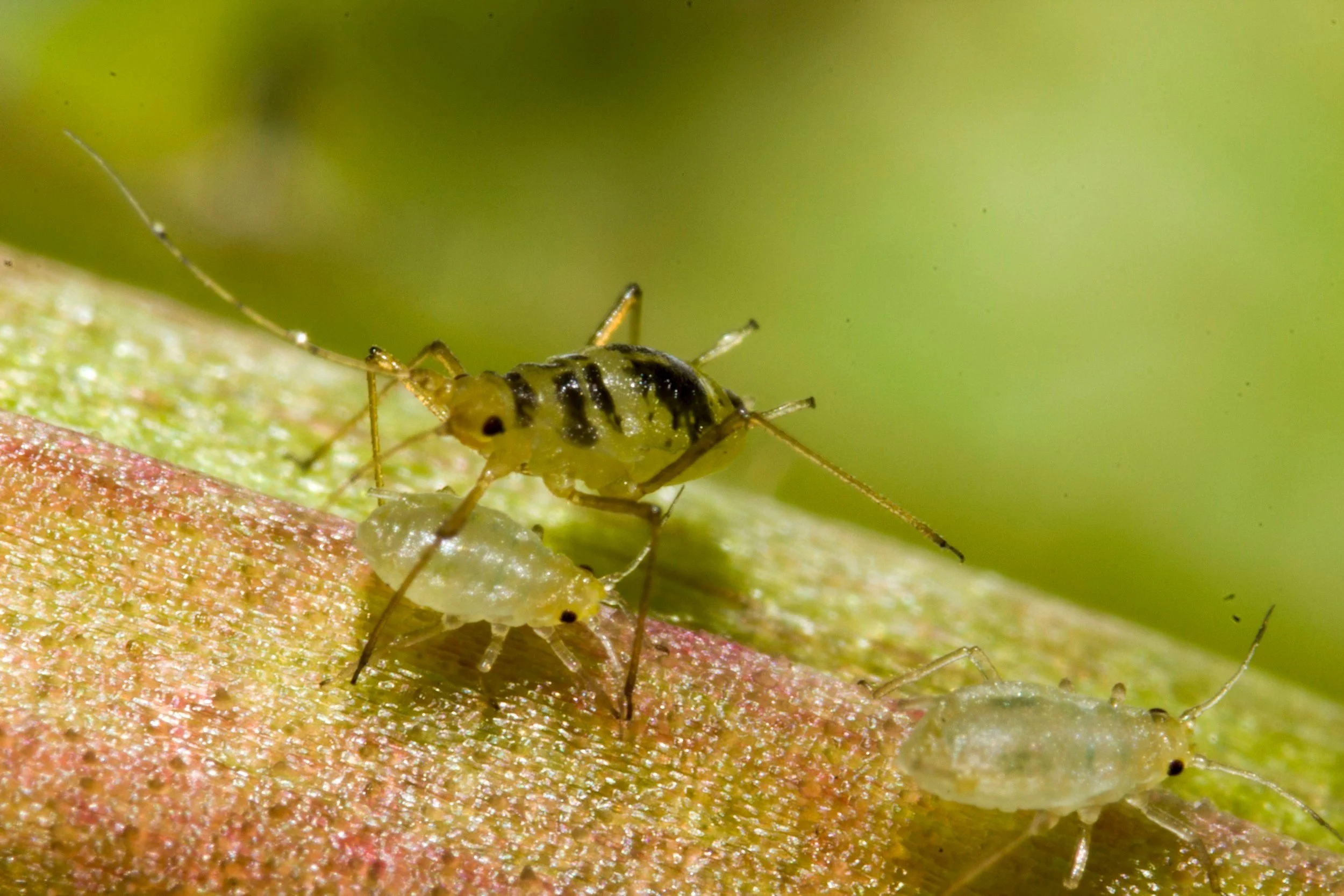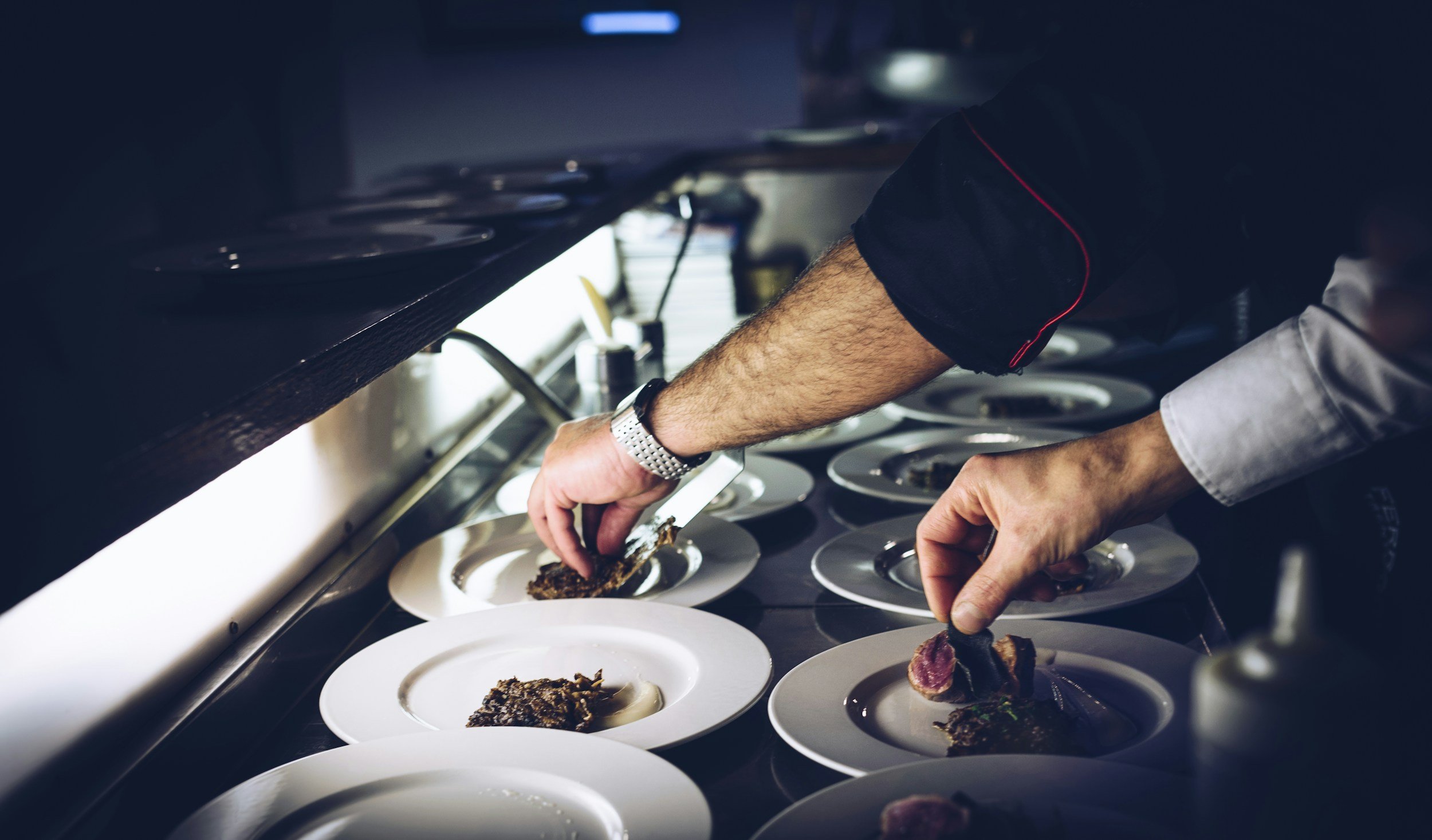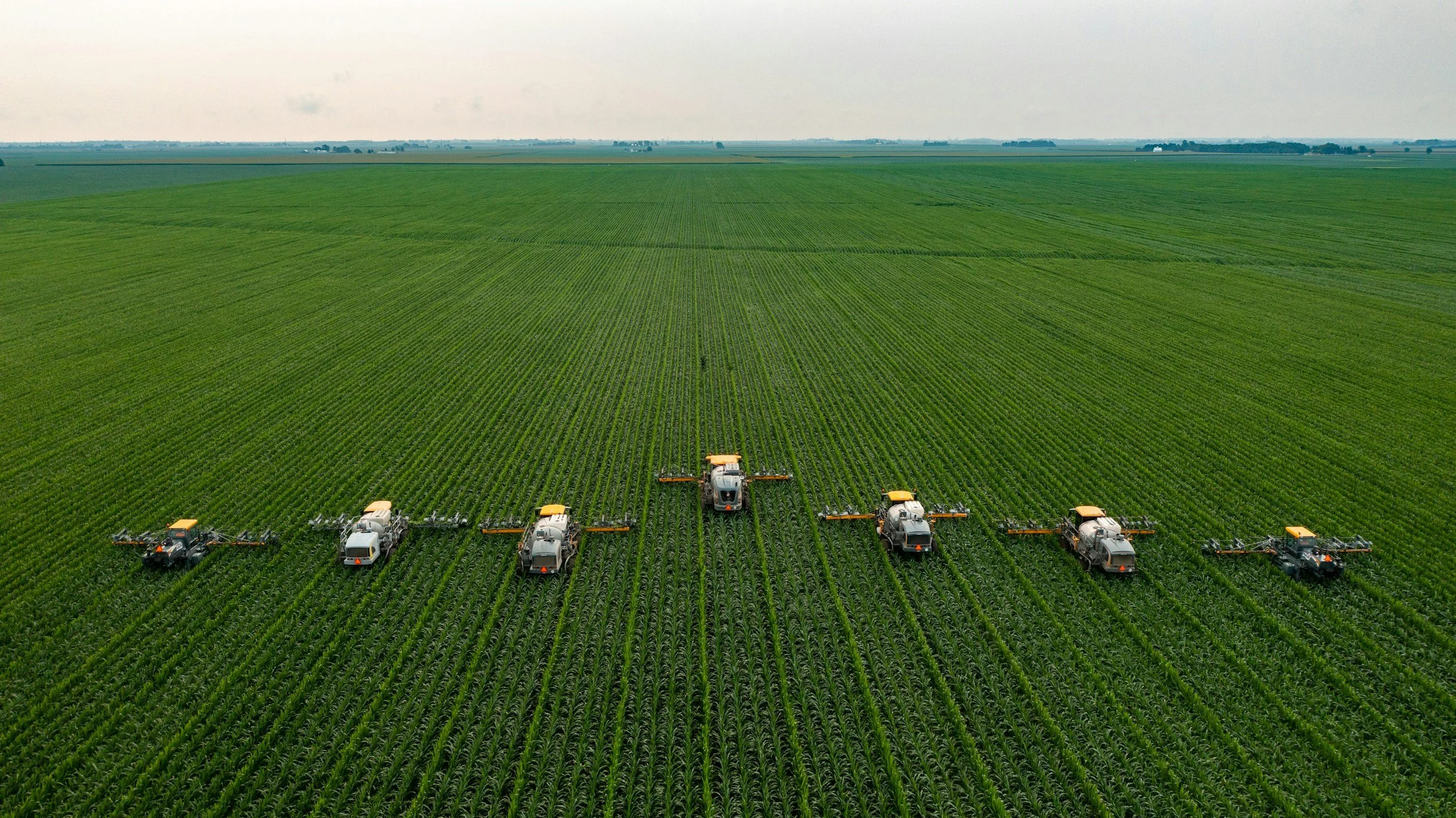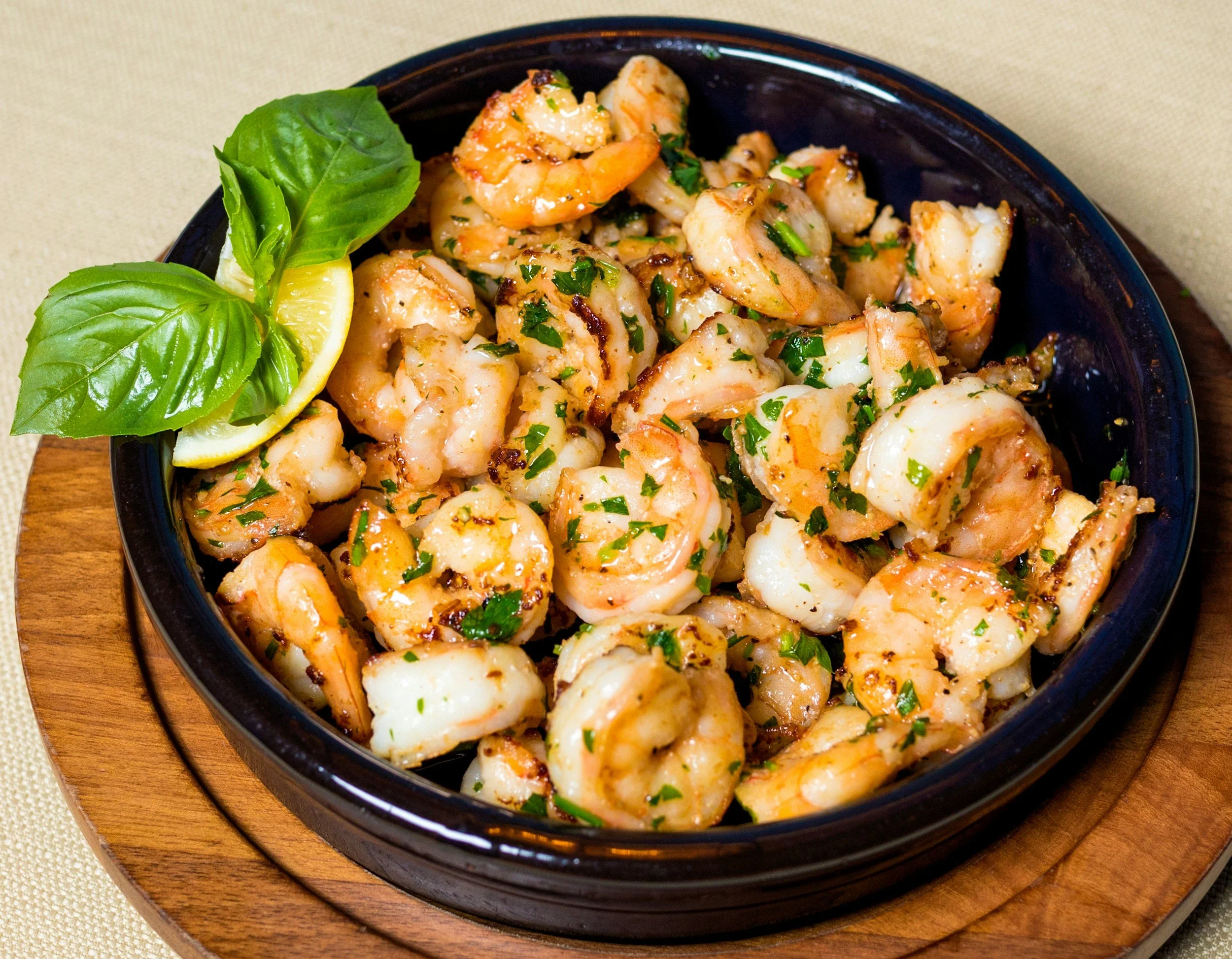How to Learn Organic Farming as a College Student
/This post is Part I of a 3-part series on Organic farming and food)
Sick of the food from the cafeteria, the over-Doordashing, and constant worry that your food is filled with harmful chemicals? I am too, but you can learn organic farming and eventually start relying on yourself for food!
There are multiple ways to learn how to farm organically, but it can be an overwhelming start. First you can take a look at what you're eating and where it's coming from. Identifying the source of your food can be eye opening. The produce you're eating right now could be up to a month old and sprayed with multiple kinds of chemicals that aren't pronounceable.
Read More





